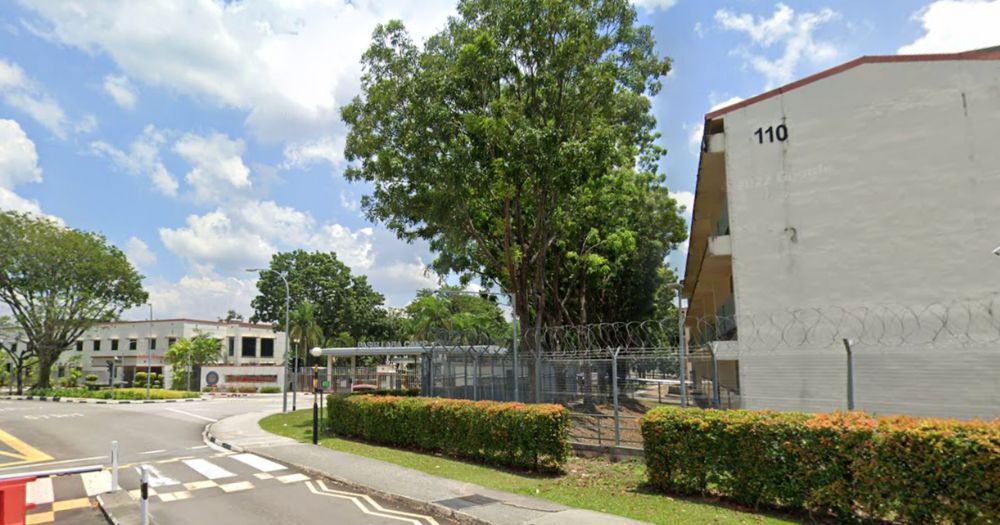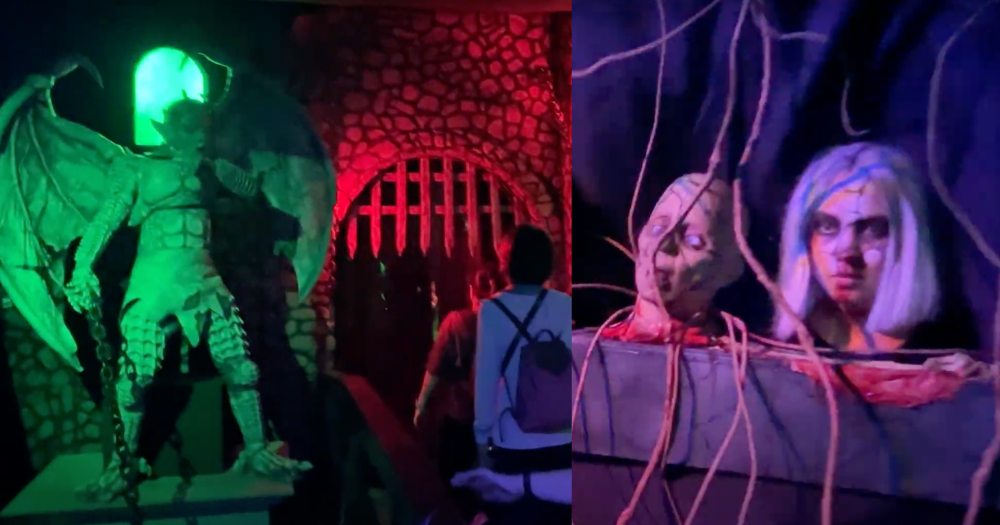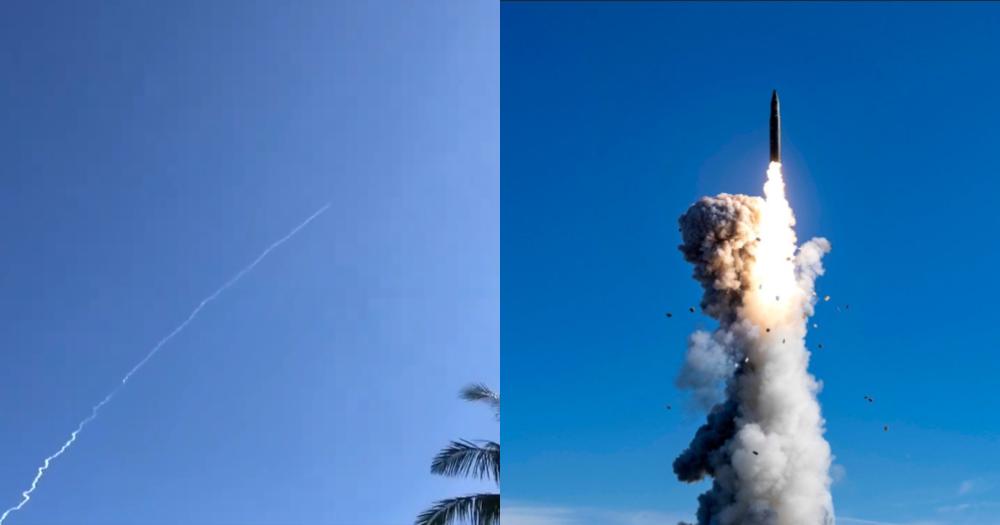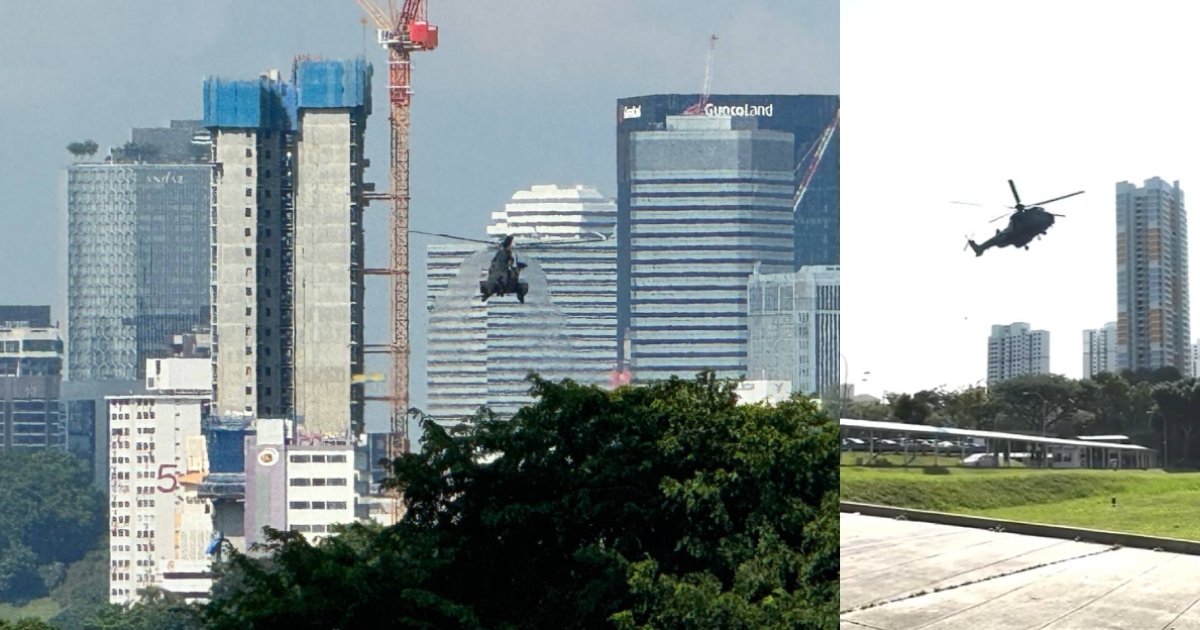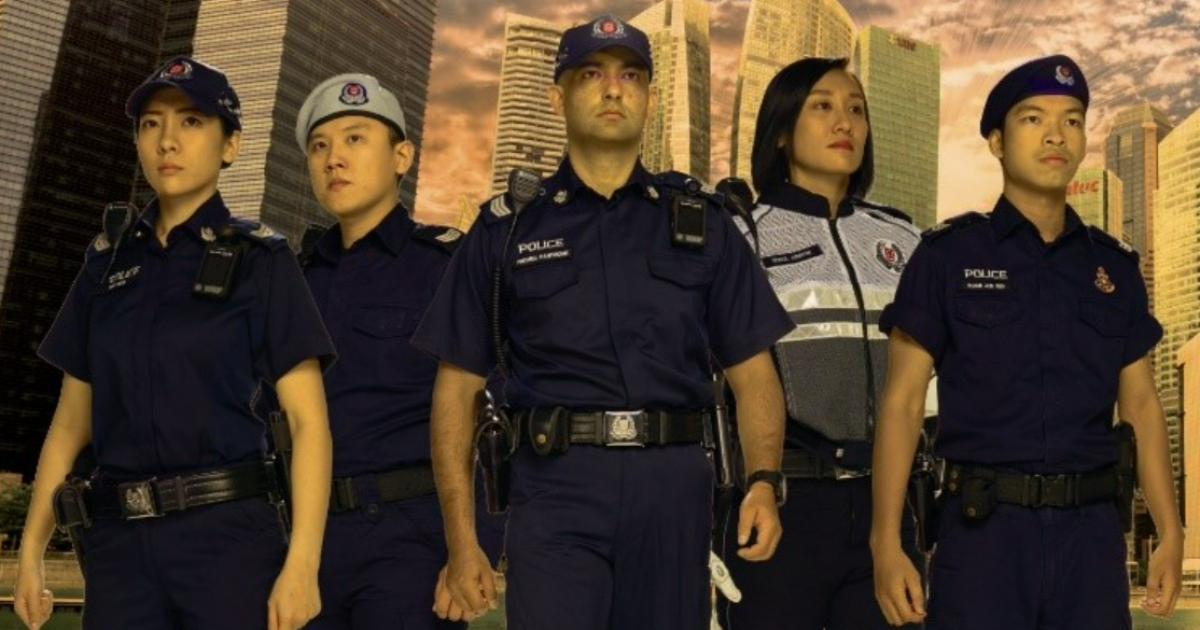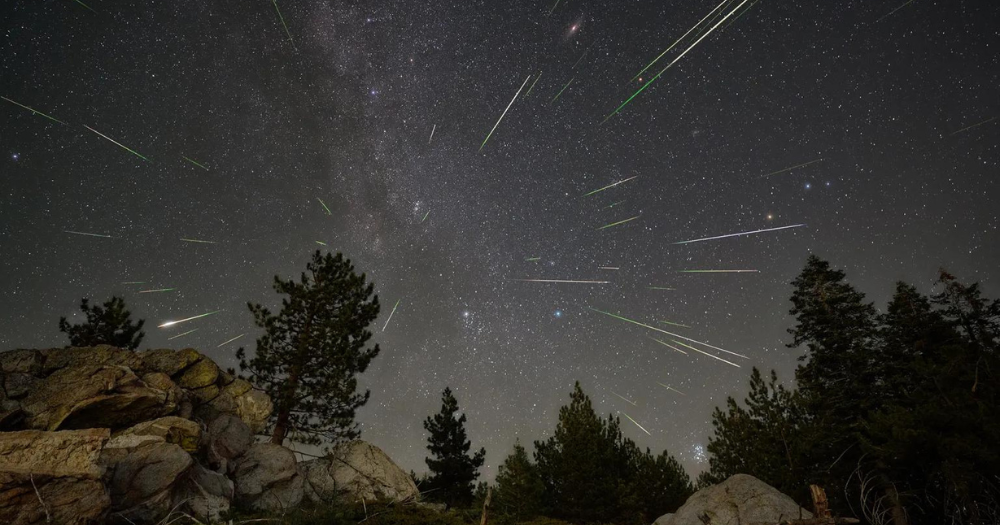
From fireworks to meteor showers, we are in for a treat these few days.
The Perseids meteor shower is expected to peak on the night of Aug. 12, the Science Centre Observatory said.
The best time to view the meteor shower? Late night on Aug. 12 to early dawn on Aug. 13, from 3am to 6am.
The Perseids is considered one of the best meteor showers of the year because of the sheer rate of the meteors and the vibrancy of light left behind.
At its peak, one can expect to see up to 50 to 100 meteors per hour.
Before we hit the peak of the shower, let's get up to speed about meteors.
What are meteors?
Meteors – or shooting stars – are rocks in space that enter Earth's atmosphere at high speeds that causes them to burn up and glow. As they whiz past the Earth, they form streaks of light going across the sky in matter of seconds.
What is the Perseids meteor shower?
The Perseids meteor shower occurs when the Earth passes through the debris trail left behind by the comet Swift-Tuttle.
When the Earth intersects this trail every August, particles from the comet enter Earth’s atmosphere at high speeds and burn up, resulting in the meteor shower during this time of the year.
While the Perseids meteor shower happens every year between July and August, a potential Perseid meteor storm is expected in 2028 when there will be "more meteors than usual", Science Centre Observatory said.
How are meteors named?
Meteor showers are usually named after where meteors appear to radiate from. In the context of the Perseid meteor shower, the meteor is radiating from the constellation Perseus.
Any special equipment required?
No, you don't need any special equipment to observe the Perseids.
The Perseids meteor shower is visible to the naked eye and can be observed in Singapore, as long as the location has unobstructed view of the sky and is dark enough.
The Science Centre Observatory recommends parks, beaches and reservoirs, or any open spaces that are away from the city lights.
Prior to heading out, do check the weather forecast for cloud cover which can affect the visibility of the meteor.
Top photo by NASA/Preston Dyches
MORE STORIES







